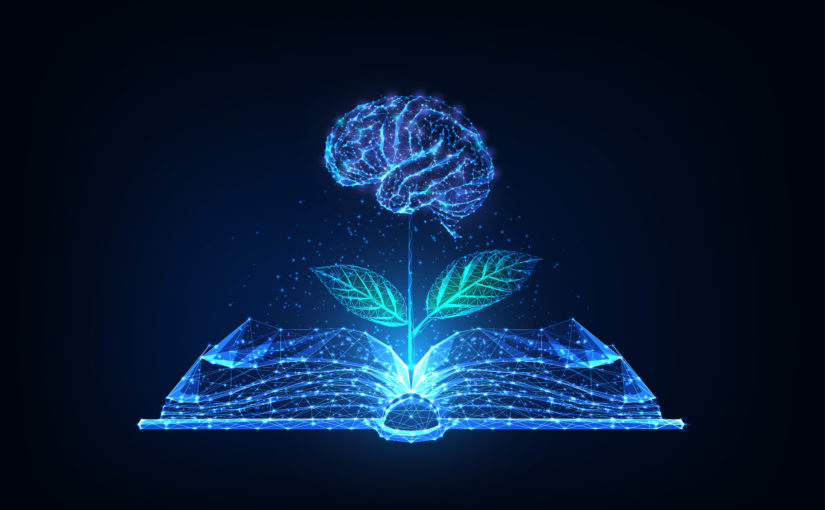Francis Bacon (1561 – 1626) said: „Knowledge is power.“
Does education equal power, or is knowledge enough to be powerful? That would be in my eyes too short-sighted.
Knowledge supports the expression of one’s own opinion, which is freedom and a fundamental right in Germany.
Does expressing an informed opinion actually lead to more power?
In the VUCA world, knowledge is more accessible than in the time of Francis Bacon. Anyone can acquire knowledge, so titles or positions do not necessarily mean that there is more knowledge in specific areas than in hierarchically lower positions or less status.
So knowledge is not the same as power. Knowledge enables people to change things, to innovate, but it is not identical with the ability to gain power. Therefore other abilities of character are necessary.
Here are a few thoughts about „Knowledge is power“.
- Does knowledge mean knowing the truth? What is truth? We construct our own truth, knowledge is interpreted differently, which is why only an approximation to the truth is possible, if it exists at all.
- What does general knowledge mean? Who has determined what we mean by general knowledge? General knowledge is taught at school, the basis comes from Humboldt in the 19th century. Is this still up to date and contemporary? Is general education sufficient to prepare for the VUCA world? Who knows which knowledge is really useful to find one’s way in life?
- How does knowledge help to find one’s way in life? We all know it, we plan our life and then something comes up, and we have to change our goals. Broad-based knowledge helps us to act flexibly and to find our way in the VUCA world. One-sided knowledge can lead to a lack of flexibility, and unforeseen events can throw you off track.
- Does science lead to becoming wiser? Science and knowledge are challenging to define. Philosophers suggest that despite knowledge, we do not become wiser, but only refine our view of the world until intractable situations arise that require a new world-view.
(To read more about this, please visit: Wer viel weiß, hat viel zu sagen – ist Wissen Macht? (uni.de))
Knowledge does not equal power, but it makes the knower powerful. Knowledge makes it possible to understand things and to recognize connections. It can support going new ways, developing ideas and discovering one’s own life path/passion. It can also lead to other people not being able to understand connections that are clearly recognizable to the knower, and this then leads to discomfort or can be interpreted as a threat. Knowledge can lead to power or be seen as disturbing.



